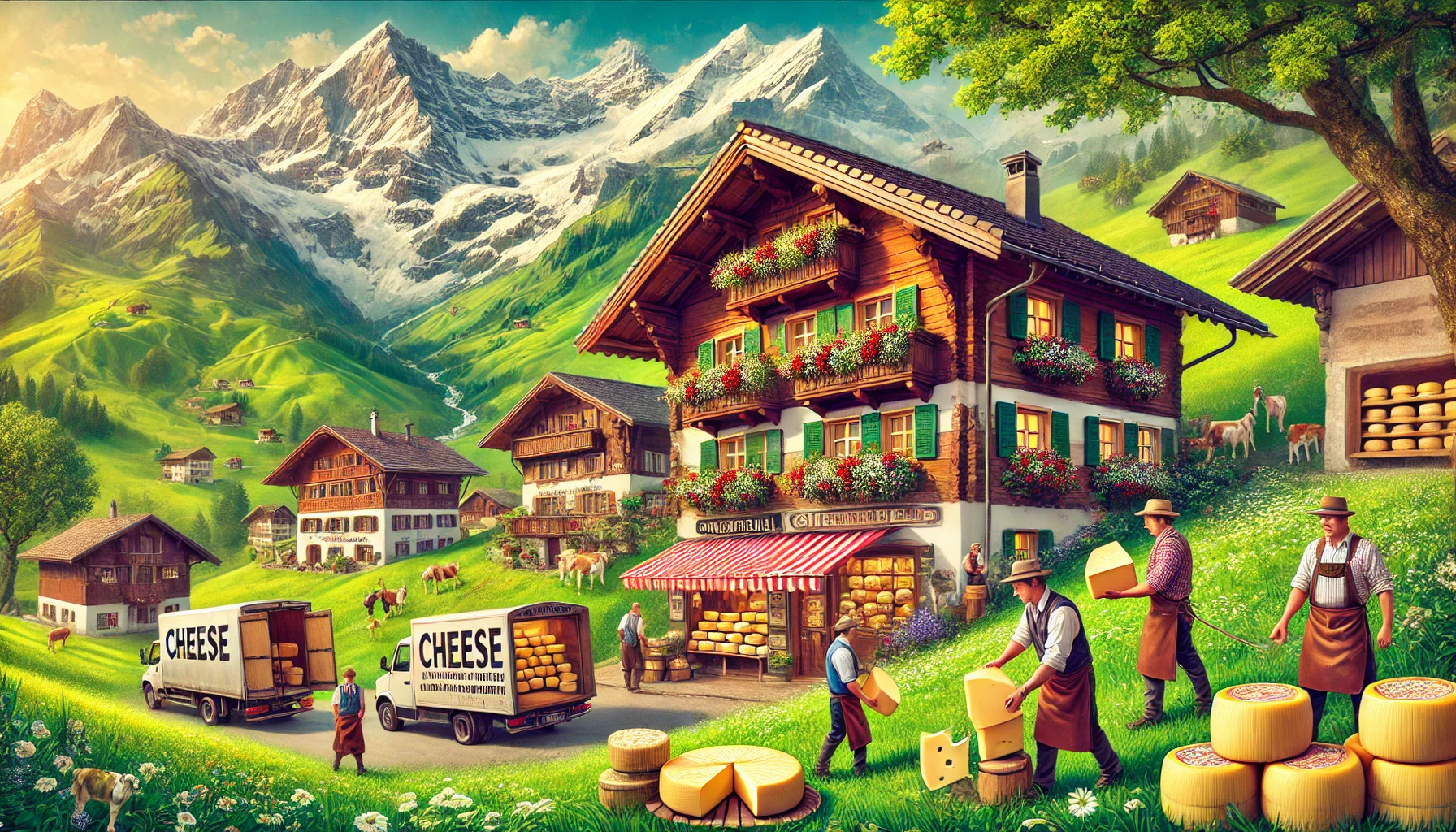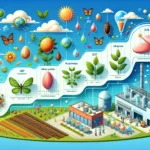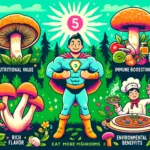The Only Place Outside Switzerland That Requires a License to Produce Cheese

July 9, 2024
Wisconsin is known worldwide for its exceptional dairy production, boasting a centuries-old tradition and an ever-evolving industry. What makes this region truly unique is the mandatory licensing requirement for cheesemakers, a process that ensures high standards of quality and integrity. This article explores the journey of some of Wisconsin’s leading cheesemakers, shedding light on their passion, their challenges, and their successes in creating some of the world’s most highly regarded cheeses.
The Cheesemaker’s License: A Guarantee of Excellence
Wisconsin is the only state in the United States, besides Switzerland, that requires cheesemakers to obtain a license in order to make cheese. This process, overseen by the Wisconsin Department of Agriculture, Trade and Consumer Protection, includes a combination of hands-on experience and theoretical courses covering topics such as food safety and pasteurization.
“Dairy licensing is about science, health and the integrity of America’s Dairyland,” says Abrielle Kane, public relations specialist for Dairy Farmers of Wisconsin. “We want high-quality milk, high-quality cheese and very high standards.”
This rigorous training ensures that Wisconsin dairy farmers are up to the task of producing cheeses of exceptional quality, contributing to the region’s excellence as a world-renowned dairy center.
Marieke Penterman’s Journey: From Passion to Excellence
Marieke Penterman’s story is emblematic of the journey of many Wisconsin cheesemakers. Originally from the Netherlands, Penterman began her dairy adventure after moving to the United States, where her husband had started a farm with 350 dairy cows.
During a sleepless night, while thinking about the lack of Dutch gouda, Penterman heard a cow give birth on her new farm. “Suddenly the whole puzzle fell into place,” he recounts. “I miss my gouda and I want to start my own business.”
Penterman undertook the process of obtaining a dairyman’s license, which included theoretical courses and an apprenticeship with a local dairyman. She also returned to the Netherlands to learn how to make traditional Dutch gouda. Upon her return to Wisconsin, she founded the Marieke Gouda company, and just four months after making her first batch, her Foenegreek Gouda won a gold medal at the U.S. National Cheese Competition.
“That really put us on the map,” Penterman says. Nearly two decades later, Marieke Gouda has won hundreds of awards, including best cheese in the country in 2013. Through this success, Penterman became the first cheesemaker to be awarded the Green Card for “exceptional ability,” an award usually reserved for athletes, artists, actors and scientists.
Anna Landmark: From Passion to Dairy Entrepreneurship.
Another prominent Wisconsin cheesemaker is Anna Landmark, who obtained her cheesemaking license through a path similar to Penterman’s. After completing an apprenticeship and taking courses in food safety and the science of dairy production, Landmark opened her own company, Landmark Creamery, specializing in cheeses made from sheep’s milk.
“Milk is sort of a living organism, it’s always changing, depending on the seasons, the animals and what they eat,” Landmark explains. “It was really helpful to have that kind of information, which I couldn’t have gotten from just doing an apprenticeship or working in a dairy plant.”
Landmark praises Wisconsin’s vibrant dairy community, which includes several producers she considers her mentors. Today, Landmark herself serves as a mentor, shadowing young apprentices like Shannon Berry.
Shannon Berry: Learning the Art of Dairy Production.
Armed with a solid culinary background, Berry is learning valuable lessons about dairy production, such as recognizing the smell and consistency of curd at various points in the process. She is also discovering that making cheese requires considerable physical strength.
“After a particularly strenuous day of mixing salt into the curd, I had a bad backache,” Berry says. “I wanted to let my sister know that every time she tastes a cheese, she needs to know that there is a cheesemaker somewhere who has put their whole self into that cheese.”
In addition to the practical benefits of the layoff program, “it makes you fall even more in love with the whole concept of what an art it is to make cheese,” Penterman says. Currently, the Dutch-Wisconsin cheesemaker is going through the Master Cheesemaker program, an advanced licensure pathway comparable to a PhD in the world of cheese.
The Master Cheesemaker Program: The Pinnacle of Cheese Excellence.
The Master Cheesemaker program is a unique opportunity, offered only in Wisconsin and Switzerland, that allows cheesemakers to reach the highest level of specialization. To obtain this license, a cheesemaker must already have a basic license, have made cheese for at least 10 years and then complete another three years of intensive training.
“There are only about 100 Master Cheesemakers statewide,” Penterman explains. “Only two have been women, and the third, Sara Griesbach, was just announced in May. I myself expect to become the fourth Master Cheesemaker in 2025.”
This program of excellence reflects Wisconsin’s commitment to ensuring the highest quality and integrity in dairy production, helping to solidify its reputation as a center of excellence internationally.
The Wealth of Wisconsin Dairy Production.
Wisconsin boasts more than 600 types, styles and varieties of cheeses, offering a wide range of options for creating top-notch cheese boards. According to experts, an ideal selection should include Landmark’s award-winning Anabasque, described as “slightly tangy” with hints of dried fruit and a nice texture.
Another must-have is Hill Valley Dairy’s Luna, a salty, crumbly cow’s milk cheese embellished with delicate crystals. Also, St. Isidore’s cloth-ripened hard cheese, made with milk from a herd of 10 Jersey cows in small batches, deserves a place of honor.
Can’t miss a cheese from Master Cheesemaker Chris Roelli, such as the original recipe Dunbarton Blue, which blends the flavors of an English cheddar with hints of blue cheese. And of course, Marieke Gouda is a must for any Wisconsin cheese board.
“There is no other state that can set up such a phenomenal cheese board with the variety we have here in Wisconsin,” Penterman says. “There is no other state that has such a wide range of high-quality, flavorful cheeses.”
Article source here.









